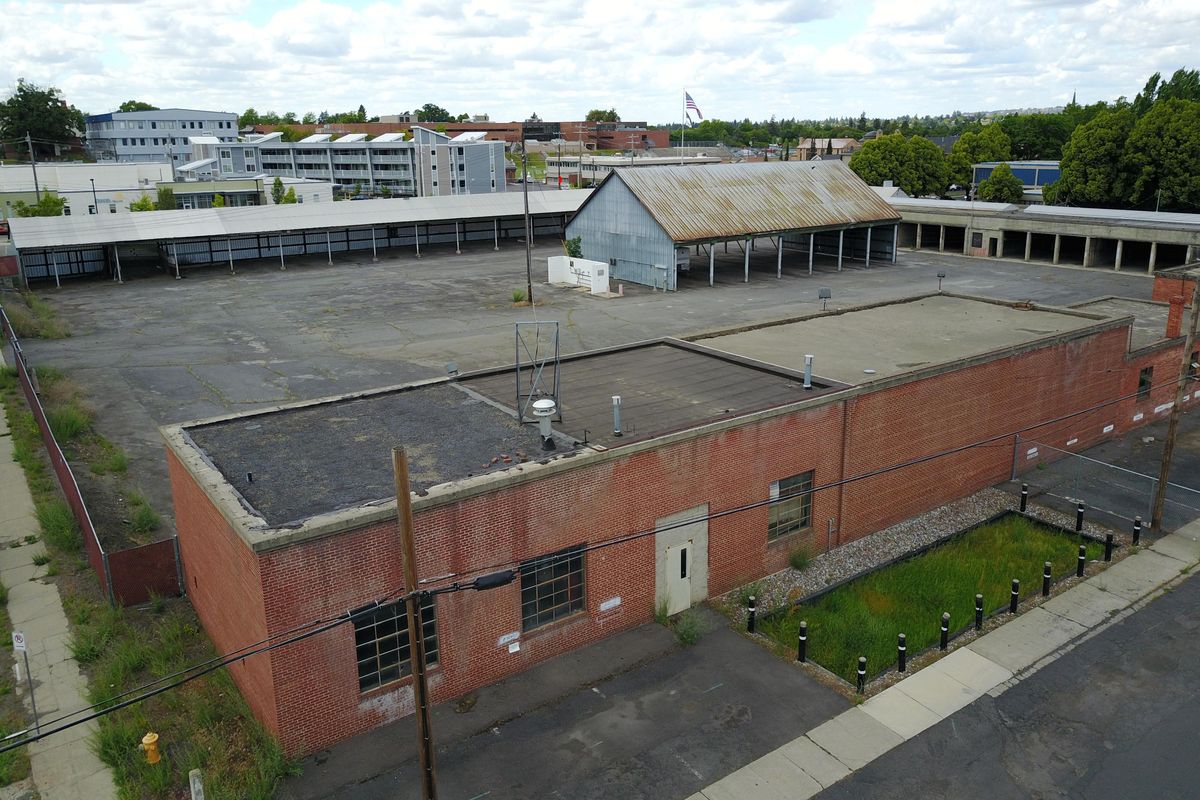City to vote on giving developers, non-profits land for affordable housing

The city may soon be able to give its unused land to developers and nonprofits who agree to build affordable housing for Spokane’s low-income or elderly residents.
The move stems from a surplus property bill the Legislature approved last session that allows local governments to transfer land to private groups or other agencies at no cost if the property will be used for public benefit.
City Council President Ben Stuckart said the local ordinance could help address the city’s low vacancy rates and homelessness by making affordable housing a priority when the city makes land decisions.
Spokane County’s apartment vacancy rate is 1.4 percent, compared to the state’s 3.1 percent vacancy rate, according to a study by the Runstad Department of Real Estate at the University of Washington.
Julie Honekamp, CEO of housing and services for the nonprofit SNAP, said the organization often has nowhere to send the homeless or those who are struggling to find an apartment. It also struggles to find affordable housing that will take people who may have a criminal record, an eviction or a bankruptcy in their past.
She said SNAP’s 397 units are almost always full and they have a 547-person waiting list for affordable housing. She said she was also concerned the area is not prepared for the “silver tsunami” of older residents who will also soon need homes that are equipped to suit their needs.
The nonprofit’s current process is to assess clients to understand how vulnerable they may be and what types of housing or other services they may be eligible to receive. Often, she said, there is no available space for them.
“We can assess people all day long,” she said, “but if there is not a good housing option because every place is full, we’re failing in our job as a community.”
The state’s affordable housing law requires local governments to craft their own ordinances that out ground rules before they can give away land to developers and nonprofits.
Spokane’s ordinance would require all city-owned properties that may be surplussed to go through the Real Estate Review Committee, which includes two council members, to determine the best use for the property. Their analysis includes input from the city’s Community, Housing and Human Services department, which would determine if the property is close enough to public transportation and other factors to make it a practical location for affordable housing.
Including streets and parks, the city owns about half of the land within Spokane city limits, said spokeswoman Marlene Feist. She said the city now has five surplus properties, three of which are listed for sale or have offers pending. Many of the city’s other vacant properties have not gone through the surplussing process and some may have schools built on them if a $495 million school bond passes this November.
Stuckart said he does not have any specific surplus properties in mind, but wishes the city’s Normandie property, a 5-acre industrial site at 127 W. Mission Ave., had been considered for affordable housing instead of sold to a developer. The sale, which is still pending, would bring in $2.7 million. The city initially purchased it in 1899 for $1.
He said the city has not given away property for affordable housing before, but has transferred or sold private property it obtained from homeowners who defaulted on loans to affordable housing developers.
While the ordinance stipulates that developers or nonprofits who receive city land through this process must use it for affordable housing, it does not lay out how long the land must remain affordable housing or what types of housing must be built. Stuckart said the city will ask its legal staff, along with the Community, Housing and Human Services board, to decide how long each property must remain as affordable housing, based on the property and developer.
“I’m not comfortable as a legislator saying 20, 40 years, or forever,” he said. “That decision needs to be made by staff.”
He said the ordinance is written to ensure it’s not used to give away free properties for development, but increase options for low-income people.
Councilmembers Karen Stratton and Mike Fagan said they supported the ordinance. Fagan said one of the biggest barriers for housing development is purchasing land. The ordinance may help the city fill in vacant areas within Spokane’s city limits, he said, and make it easier for developers to begin affordable housing projects.
“I look at this particular ordinance as another way to give the community options,” he said.
Honekamp said homelessness is a large issue in the Spokane area, but she hopes any surplus properties transferred to other groups will add housing for people across income and need brackets.
“It’s like any community,” she said. “There’s needs across the whole range and there’s no one solution that fits everything.”
The City Council is scheduled to vote on the ordinance Monday during their regular meeting.